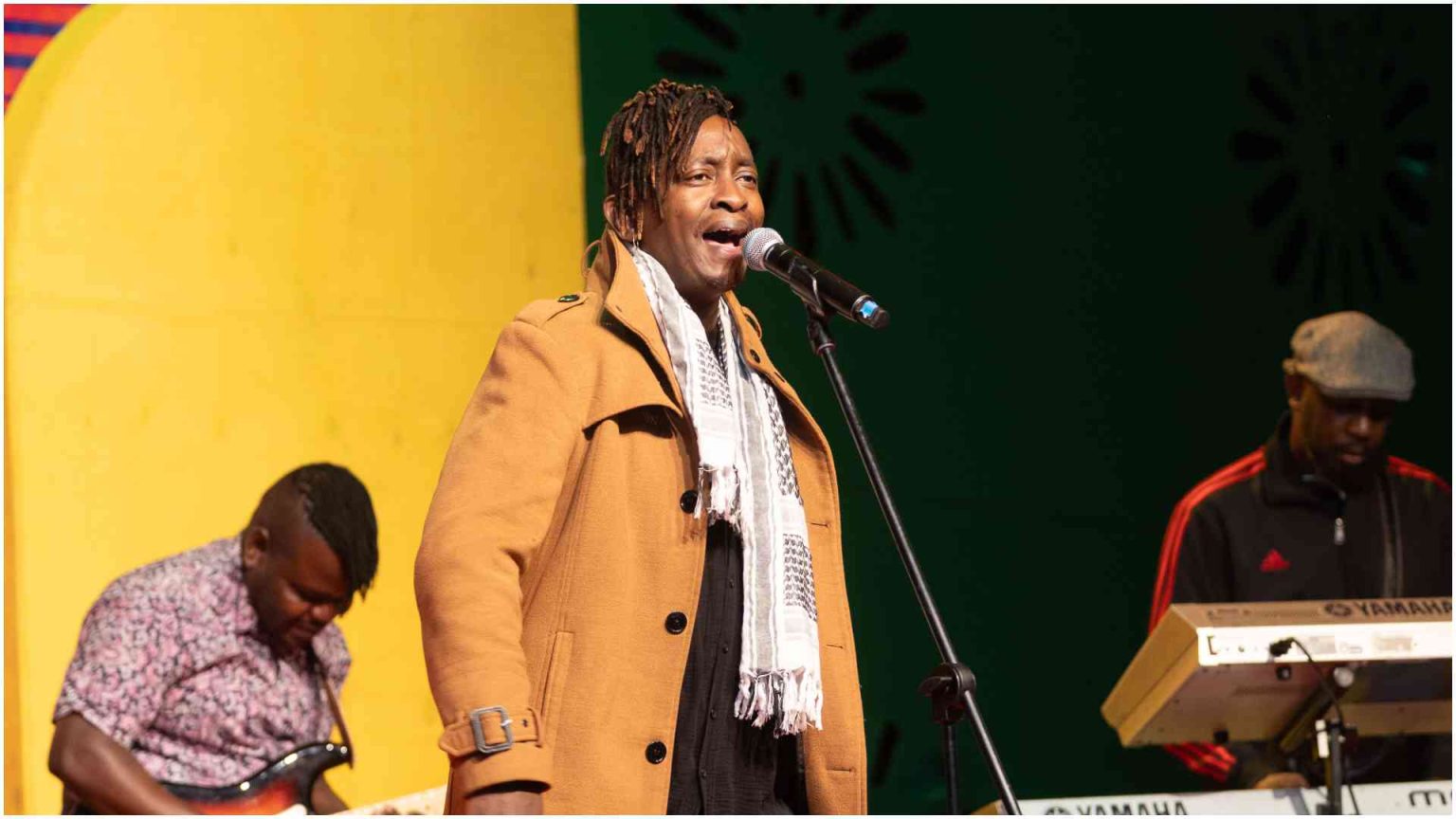The conversation about reparatory justice in Africa has moved beyond political forums and into the dynamic, visceral space of the arts.
The inaugural Wakati Wetu festival, themed “It’s Our Time: To Resist, Repair and Reclaim,” has established a powerful continental gathering where art, activism, and scholarship merge to confront the deep wounds of colonialism and reimagine pathways toward healing.
More than just a conference, Wakati Wetu has positioned itself as an artistic renaissance, underscoring the idea that justice is fundamentally a cultural question.
The festival’s cultural heartbeat, curated under the theme “Confronting the Silence,” seamlessly blended creative expression with intellectual discourse.
The opening night set the tone for this artistic resistance. Kenyan music icon Eric Wainaina headlined a concert alongside DJ Talie, Koko Koseso, and NiK DJ.
Meanwhile, poets and visual artists worked live, painting their powerful reflections directly onto walls that transformed into “living archives of resistance.”
Film was equally central to the dialogue. Screenings of works like “If Objects Could Speak” and “How to Build a Library” probed the lingering psychological impact of stolen African artifacts and erased cultural memories on the postcolonial psyche.
The core message of the festival that art is a catalyst for moral and cultural awakening was echoed by its lead thinkers.
Award-winning author Yvonne Adhiambo Owuor opened the festival with a keynote that was both poetic and searing, challenging attendees to resist the trivialization of justice.
“Reparations is first an act of moral autopsy and then moral exorcism,” she declared, demanding that healing begin by “walking into, around, and naming the wound in its fullness.”
Philosopher Yoporeka Somet reinforced this call for a renaissance of identity, arguing that true reparations start with self-healing and reconnection.
“You cannot talk about renaissance if you do not know your history,” he noted. “We must first heal ourselves by reconnecting with what we were before our story was disrupted.”
The role of media and creative courage in the path to repair was also fiercely debated.
In a session titled “Ubuntu: Media and Memory,” journalist and artivist Ngartia Mūrūthi traced the historical complicity of colonial newspapers in manufacturing consent and propaganda.
The two-day event held sessions on Tax Justice, Climate Reparations, and Gendered Reparations, with the message of cultural agency remaining paramount.
Festival convener Liliane Umubyeyi, Executive Director of the African Futures Lab, reminded the audience that the event is focused on renewal, not just remembrance.
“We are here because justice is both a political and cultural question. Our shared creation has the power to renew our understanding of our place in history. The time is truly ours. Ni Wakati Wetu!”
